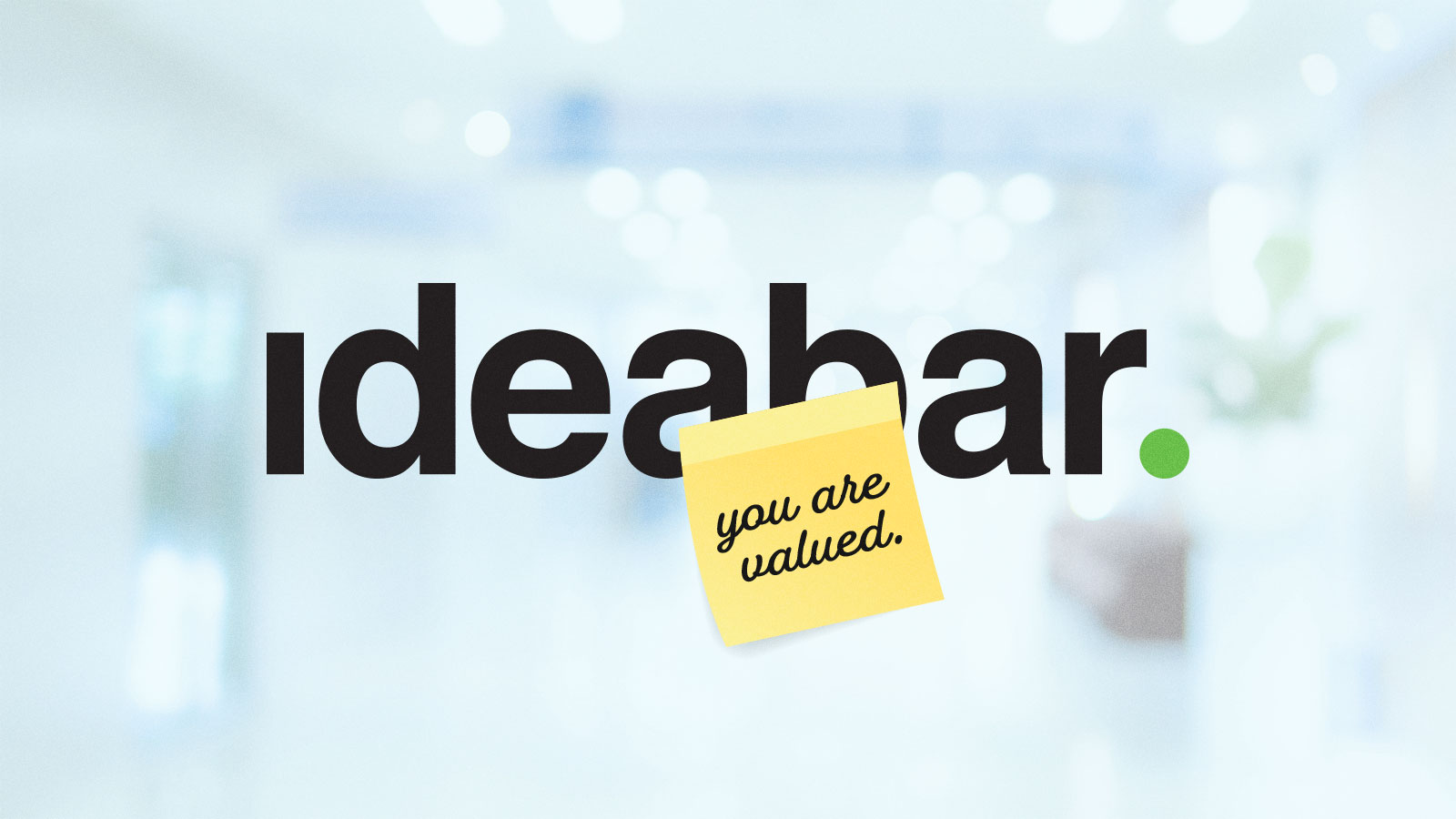Ideabar is the mother of all agencies in at least one way: We have an all-female leadership team with 10 children under the age of 12 between us.
We have no idea if that’s a record, and we’re too busy killing it for clients and taking care of business at home to care.
While it wasn’t part of any master plan — and there are lots of extraordinarily talented men at Ideabar who are moving up the ranks — we recognize that it does give us a unique perspective, particularly in this moment when so many issues related to parenting and professional women have emerged during the pandemic.
Before I write another word, I’m going to express gratitude for working in an industry where safe remote work is possible; for our parent company, Cox Enterprises, that takes exceptional care of its employees; and for all Ideabar employees, regardless of gender identity or parenting status, who have shown great resilience in adapting to difficult circumstances. They continue to serve our clients and help their businesses grow.
And now, back to the particular challenges of professional women in the pandemic. Consider a few recent headlines on the topic in The New York Times: “They’re Tired As Hell and They Just Can’t Take It Anymore,” “How To Fix What’s Broken,” and “What You’re Feeling Isn’t Burnout, It’s Betrayal.“
These letters to the editor about the articles sum up common responses and solutions: More mothers in elected office, equitable pay, more support for fathers who are active or primary parents, more effective social programs.
These are all great ideas for serious problems. At the risk of sounding trite, it occurs to me there is something we can implement immediately at work to help support mothers and all other employees: We can take care of each other.
Now, if “take care of each other” sounds more like something a mother would say than a powerful executive leader, maybe it’s time those two roles merge and sound the same more often.
Offering flexibility to our employees wherever we can so that talented, hard-working people have a fighting chance of ordering their lives in a way that lets them achieve their personal and professional goals makes good business sense. So does acknowledging their contributions in a way that encourages them to keep contributing.
Here are three ways we take care of each other at Ideabar that your mother would approve of:
1. You know that children’s book “Everyone Poops?” Well, you do now. The point is that it’s OK to be a human. In fact, please, be a human. We’ve all learned to say, “I have a hard stop,” but what about I have a yoga class, or a dog that needs a walk, or a child who needs a hug.
If your team knows they can count on you to deliver great work and pull your weight, and if your leadership team sets the example of talking about the ways they flex for the important things in their own lives, then you don’t have to hide the fact that you have a life. This may seem like a small thing, but it goes a long way to creating a culture where people, particularly moms, bring their best selves to work.
2. Before the pandemic, we held the occasional client meeting with a tiny teacup chihuahua named Sammy, because meetings are always better with puppies. We also held the occasional client meeting with a baby, and not because meetings are ever better with babies. Once we held a meeting with a puppy and a baby. The puppy barked, the baby cried, the client smiled, the parent relaxed enough to say a brilliant thing, and return on ad spend was achieved.
No, puppies and babies are not right for all meetings or all clients, just the few when the only other option was for the brilliant parent not to show up to say the brilliant thing because they were out of childcare options. This doesn’t happen unless a leader is willing to hold the baby and point out that many clients, particularly the best ones, are also humans.
Now, with blurred Zoom backgrounds and mute buttons, there are all sorts of ways to hold a remote meeting with a baby that may be less disruptive for clients but are no less stressful for parents. The understanding and gracious reaction of our leaders when an employee’s personal life bursts into view matters. All parents at some point in the pandemic have been the BBC Dad. Acknowledging the moment and not making the parent sweat it out while continuing to deliver the report on the state of affairs in the Middle East goes a long way.
3. We create an annual praise wall. Yep, we write nice things — praise — to each other on sticky notes and stick them up on a wall. We leave them there for a while and then leadership reads some of the notes publicly before employees take their notes home.
Dozens and dozens of anonymous peer-to-peer notes describing each employee’s best and most appreciated attributes like, “Sally, you always push the idea forward in a way that makes the work better.” It creates the same effect as a good report card posted on a refrigerator. Now I wonder where we got that idea?
If doing world-class work with a team of humans who try to take care of each other — and understand that you have a life full of commitments — sounds good to you, then please check out our open positions and introduce yourself.

